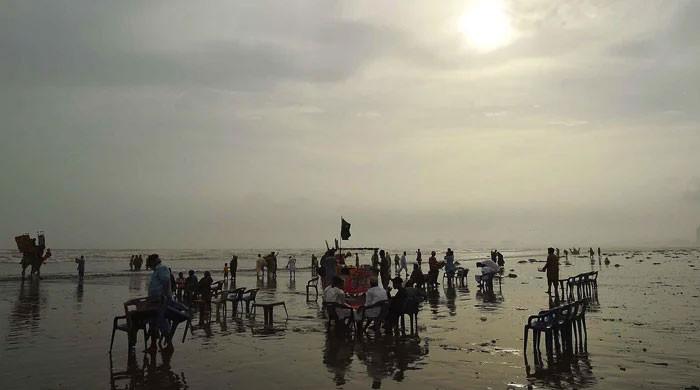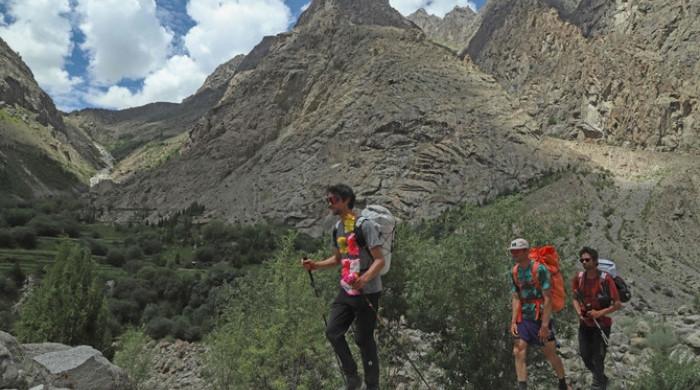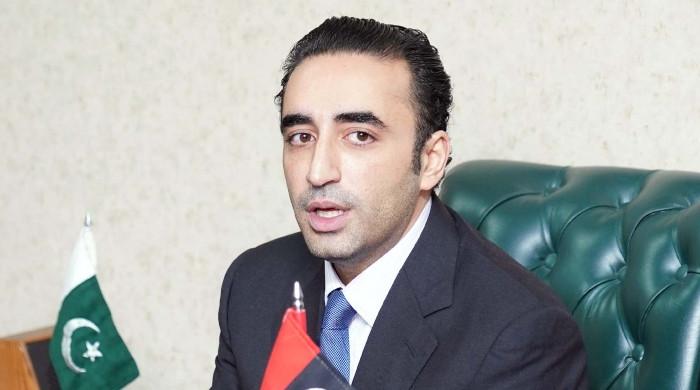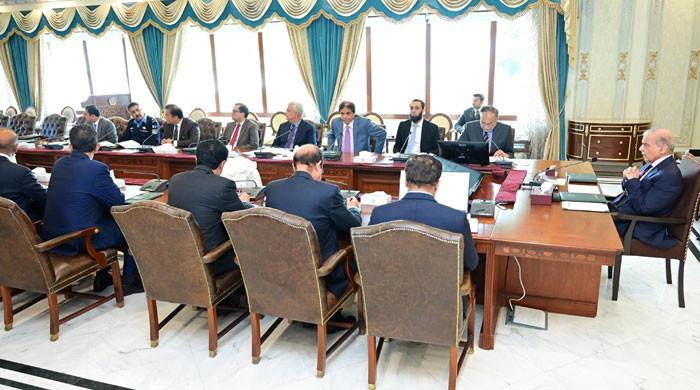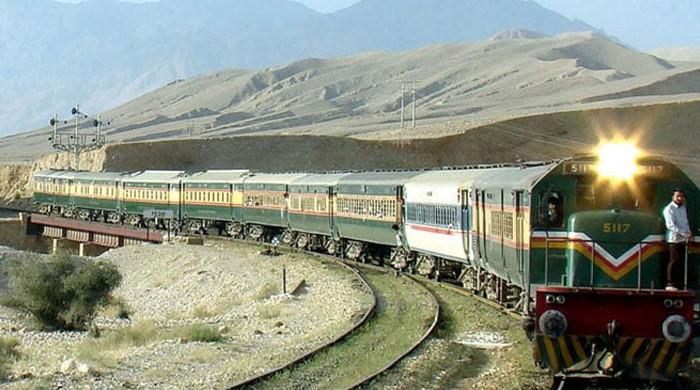Picking up pieces: Army-run school in North Waziristan promises hope
School reopened six months ago on instructions of GOC 7th Division Major-General Muhammad Naeem Akhtar
May 24, 2023
The Quaid-e-Azam Public School in the Bangedar village, which lies near the Pak-Afghan border in North Waziristan's Ghulam Khan district, has recently been reopened after remaining closed for the past six years due to unrest.
The border area had been a hotbed of militancy before it was cleansed by the security forces.
According to government officials, the school was reopened and made functional six months ago on the instructions of Major-General Muhammad Naeem Akhtar after he visited the remotely-located village.
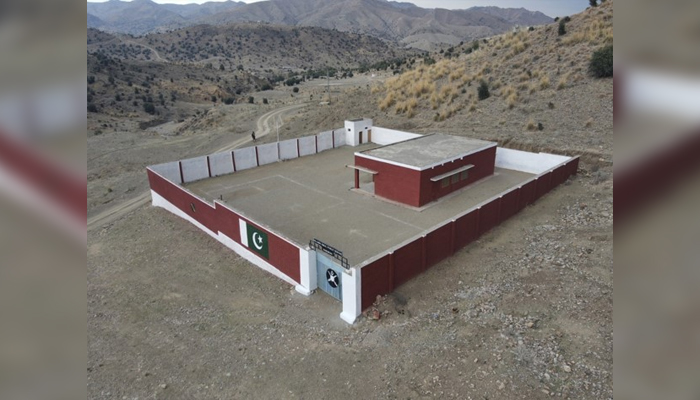
Moreover, three graduate teachers were appointed to teach the 80 children who came to this school. Roughly 46% of the student body comprises of girls.
Evidently, their efforts are paying off.
According to the district administration — in the short span of six months — with the attention and hard work of teachers and the children’s parents, the students are now able to speak in English and Urdu languages.
A function was recently organised in the school to showcase the students’ learning and growth. At the event, the children gave speeches, presented tableaux and sang national anthems before their teachers, parents and several personnel of the armed forces.
Addressing the function, Major General Akhtar said that thanks to the assurance of the villagers, the lectures given on the importance of education and the recurrent Jirgas — in which parents talk to children on a daily basis, especially girls — the number of male and female students in the school has reached 80.
"46% of the children studying in the school are girls," he said.
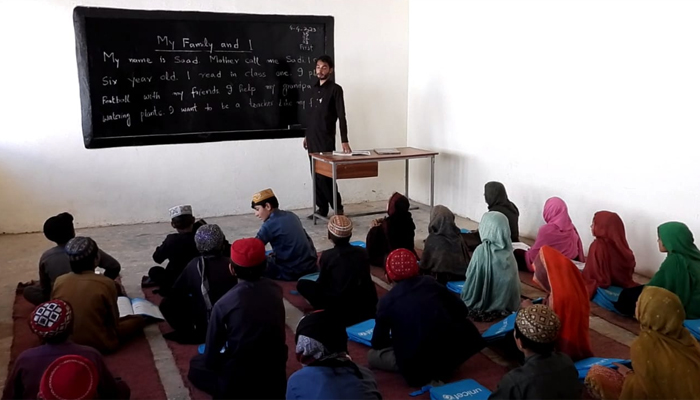
The delight of the parents at their children’s educational growth is beyond question as they sat in the audience with beaming eyes and bright smiles.
The teachers at the school shared that they paid special attention to the education of girls.
Along with maintaining a high standard of education, these children are provided with books, copies, stationery, uniforms and sports equipment as per the education system of the Khyber Pakhtunkhwa government, they shared.
Moreover, the teachers shared that parent-teacher meetings are also organised on a regular basis.
Along with sports opportunities, special art classes have been arranged in the school during free days to keep children's minds away from evils like extremism.
Locals and the parents of the children say that if other inactive educational institutions in the area are also made functional, not only would the literacy rate of the area increase, but the children too would be able to grow into more productive members of the society.
According to government officials, there are about 1,000 public educational institutions in North Waziristan. Most of these primary and middle schools — especially girls' schools — are inactive and efforts are underway to restore them.




